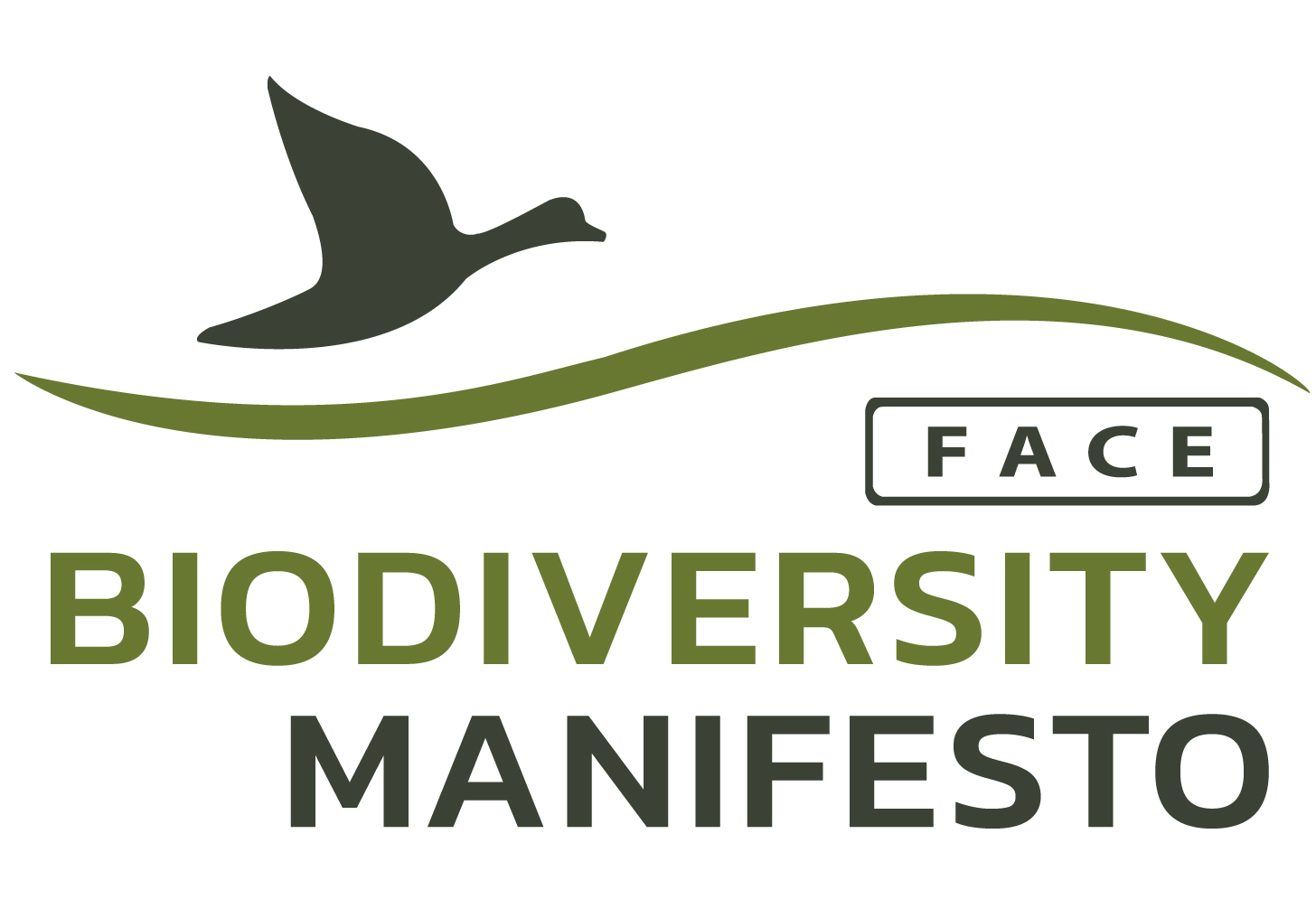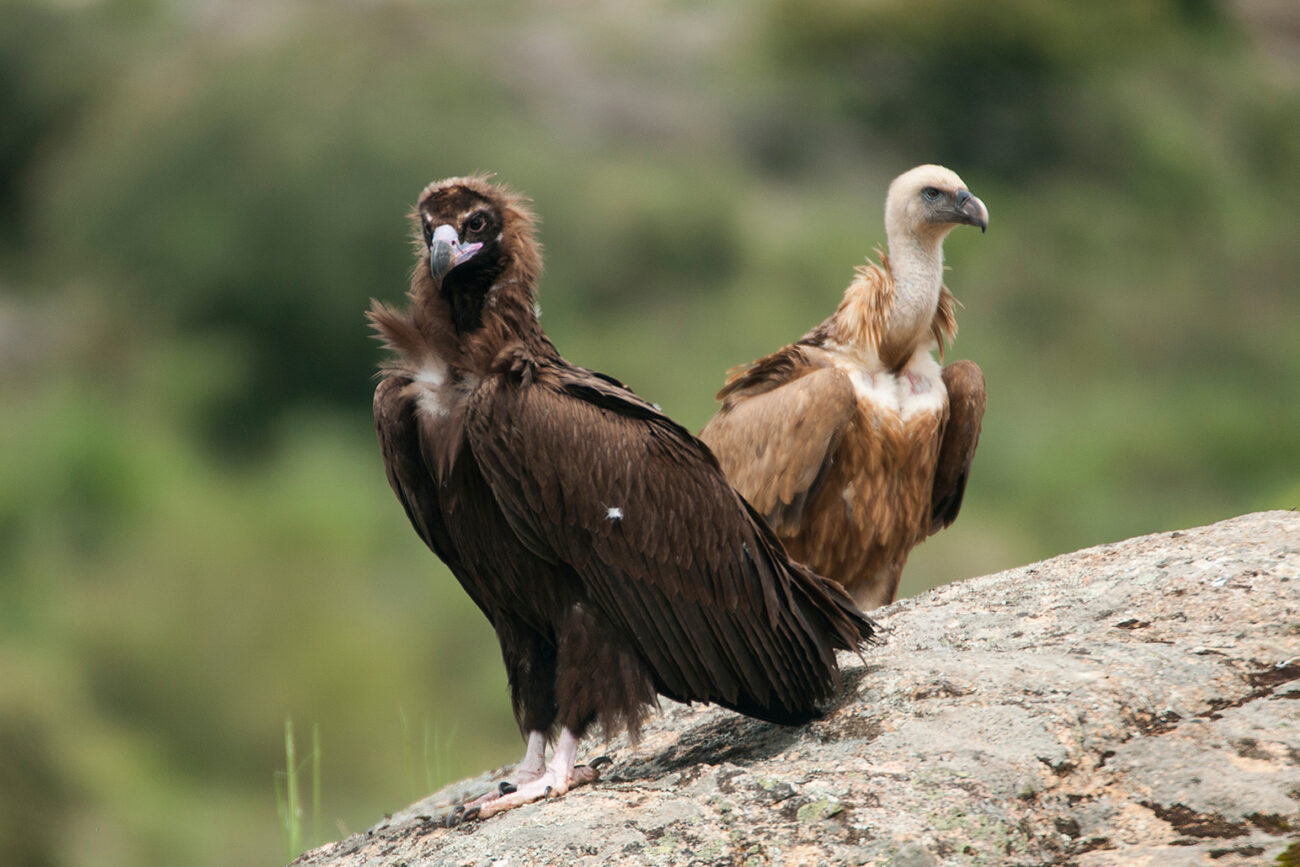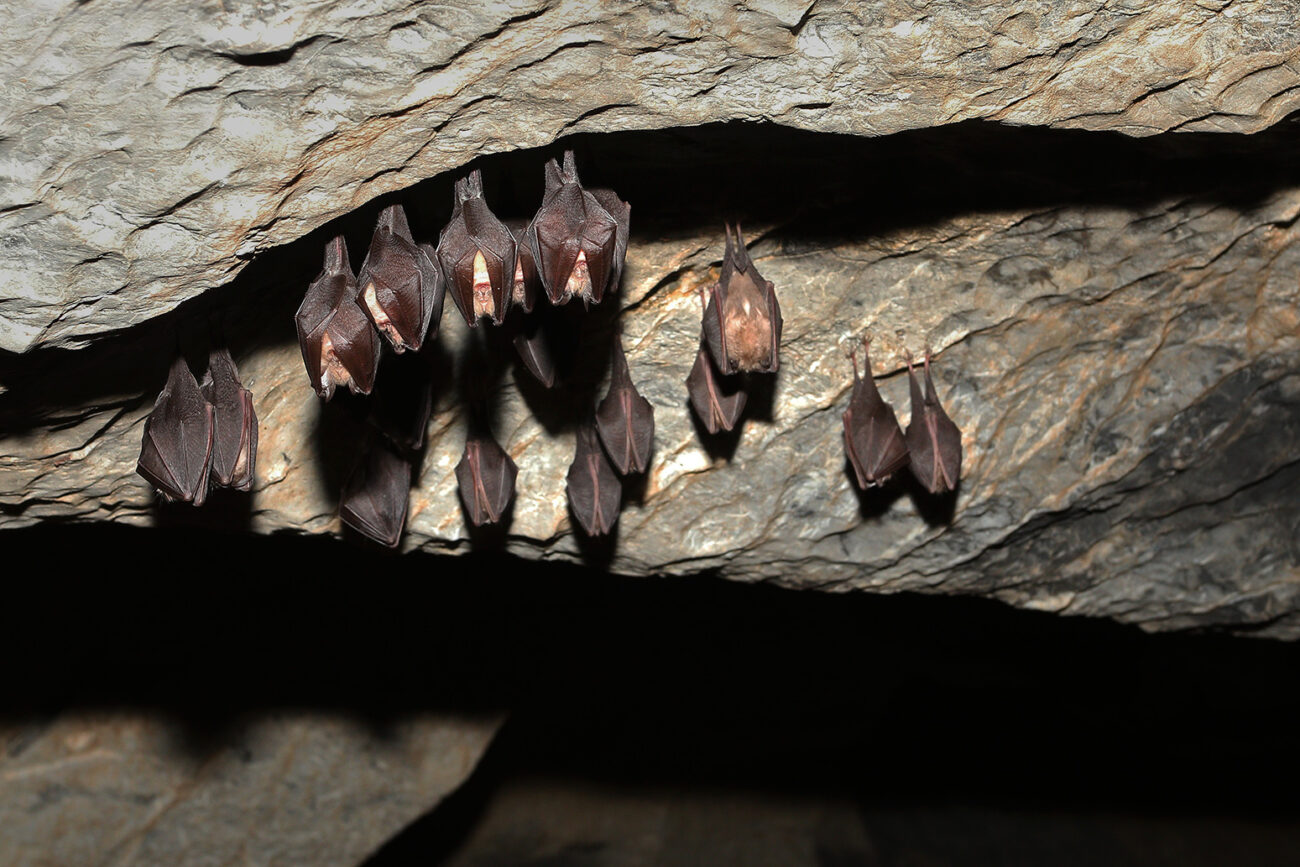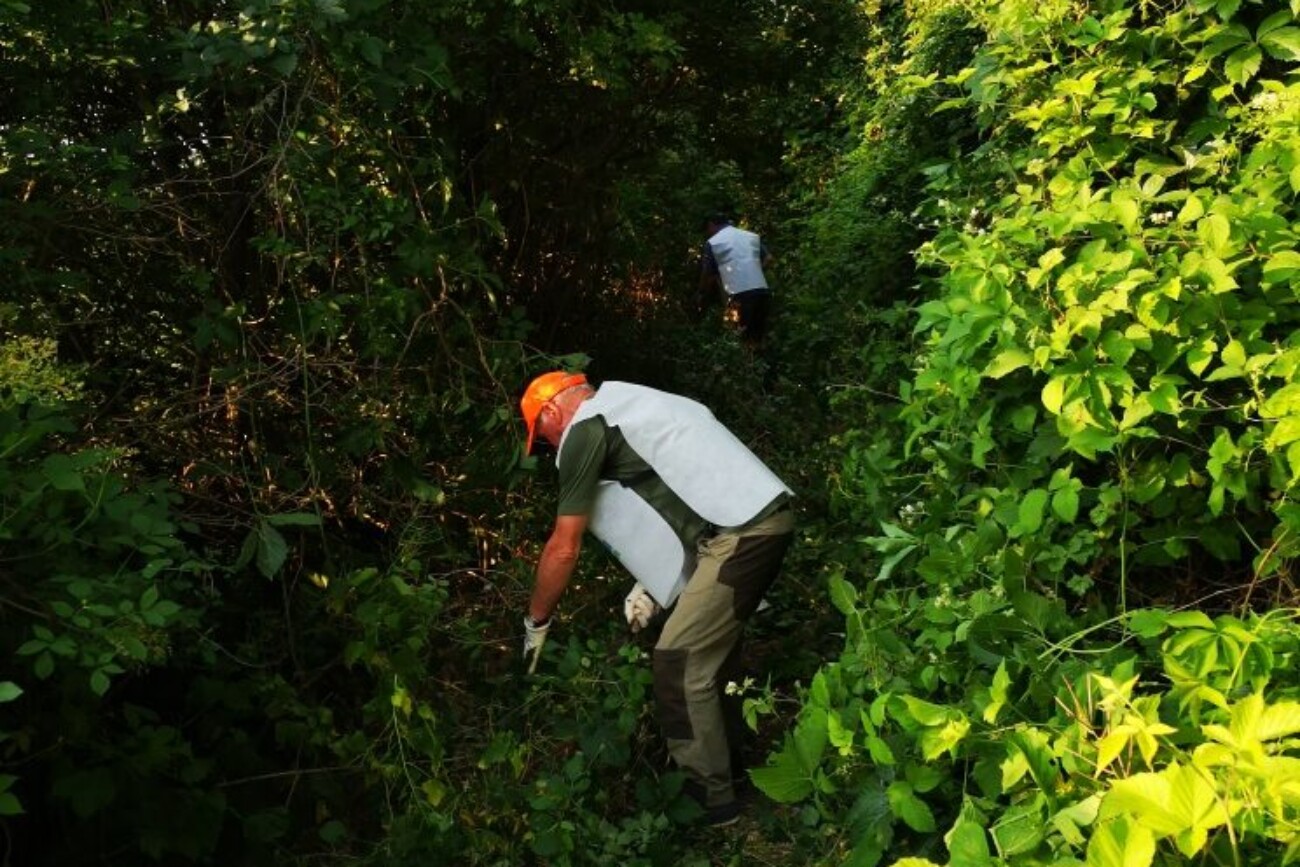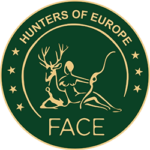To celebrate some of our favorite spooky species we dedicate this addition to the FACE biodiversity manifesto to Bats and Vultures.
These species associated with the Halloween Culture may not have a guaranteed future like the night of October 31st and their somber image doesn’t help. Although, for hunters every species has their place and function in a balanced and healthy ecosystem. Due to this understanding, hunters and hunter organizations are working for the future and conservation of these iconic species.
Bats
European countries are home to 45 different species of bats, almost all of them insect predators. The unique exception is Egyptian fruit bat (Rousettus aegyptiacus) that occurs in Cyprus, the north extreme of its natural distribution.
Why are bats so important for ecosystems?
Bats perform important work as pest controllers. They prey over different types of arthropods which represents an important service for farmers, but also for disease control, once some of these preys can be vectors of diseases. Some species can also work as pollinators or seeds disseminators or can be an income source through nature tourism.
Bats have a long and slow life circle, making it harder for them to recover from a negative trend. For that reason, bats need constant protection and preservation of their habitats. The French Hunters are helping bats providing nest boxes. Both the Federation of Hunters of Maine et Loire and the Federation of Aveyron Hunters have projects in favor of bats.
The Federation of Hunters of Maine et Loire in collaboration with farmers organizations has created a program to increase bat population in vineyards. Aiming that, they placed 67 bat roots in 26 vineyards and now bats are contributing to reduce the abundance of pest species in those spaces.
The Federation of Aveyron Hunters, to combat the proliferation of the boxwood moth and processionary caterpillars, have distributed 2000 nest boxes for the reproduction of their natural predators such as blue and/or great tits and bats.
Other projects are being developed by hunters in favor of bat species population. Habitat restoration projects have indirect positive effects as well in these sensible species, in particular the plantation of trees in farmlands and the restoration of wetlands.
Vultures
Vultures are majestic scavenger birds that unfortunately are wrongly associated with bad symbolism but have a key role in keeping ecosystems healthy. The 4 European vulture species, the Griffon vulture (Gyps fulvus), the Cinereous vulture (Aegypius monachus), the Egyptian vulture (Neophron percnopterus) and Bearded vulture (Gypaetus barbatus), through their natural behavior of eating carcasses have a significant impact containing diseases, and in recycling nutrients. In simple words, vultures are responsible for cleaning the environment.
Unfortunately, this natural behavior brings a high risk of toxic materials ingestion that can lead the animal to death. Aware of that, hunters from various European countries are joining the Vulture Conservation Foundation projects to diminish the intoxication risk for these iconic birds.
In Portugal, included in the LIFE Aegypius Return project, are being created fourteen lead-free hunting areas and at least 300 hunters will be directly involved. This project also comprises workshops to hunters test non-lead ammunition. The LIFE Aegypius Return counts with the contributions of two hunting related organizations.
Various projects similar to the one above are being developed in other countries with hundreds of hunters involved. Some examples are the projects being developed in the Pyrenees, in the French Massif Central at the Cévennes National Park and in Haute-Savoie, in Austria at Hohe Tauern National Park and in Croatia as well.
However, the contribution of hunters to vultures’ future is not limited changing ammunition . Hunters are also helping to reduce the risk of intentional poisoning of vultures. As Scavengers animals and with an unjust bad reputation, vultures are very susceptible to be targets of poisoning. Hunters through their constant presence on the field are always vigilant to poisoning situations and work with authorities reporting them. To fundament this statement, we have the example of a group of hunters that found and report the presence of two poisoned sheep carcasses in the Eastern Rhodope Mountains in Bulgaria, just across the border with Greece. In this important region for Vulture, hunters joined the Vulture Conservation Association and are also contributing to feeding these birds through artificial feeding points. A similar project is being developed in the Kvarner islands in Croatia.
Bats and Vulture are just two more species being helped by European hunters. Hunters and hunting associations are involved in the conservation and management of all animal species, all year-round, all-around Europe. Hunters are key stakeholders in the fight for a future where every species and habitats have their space to thrive, and nature is rich in biodiversity.
If you want to know more about hunters’ projects for bats and vultures’ benefit, you can check our website www.biodiversitymanifesto.com where more projects are published.
Sources:
